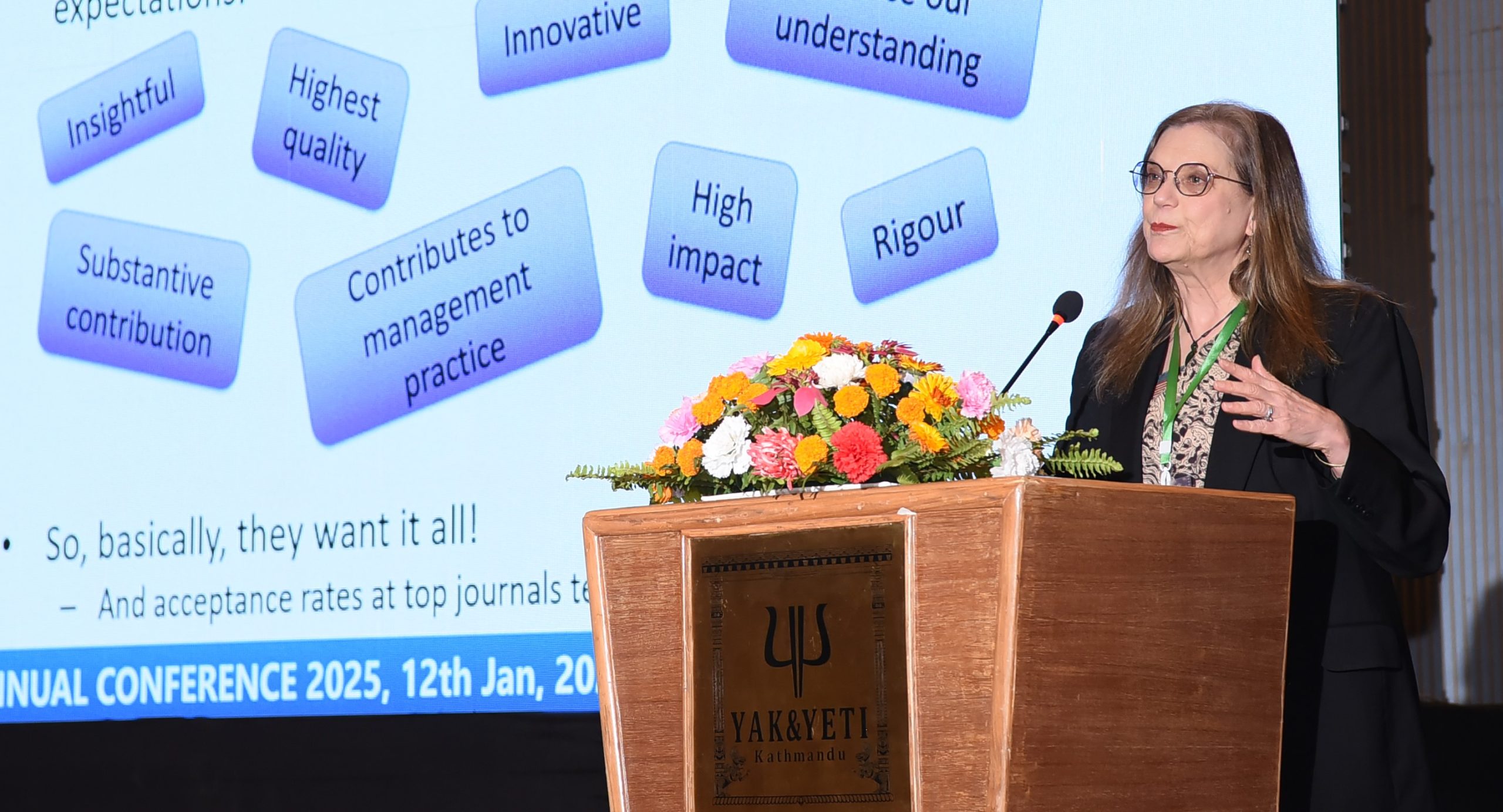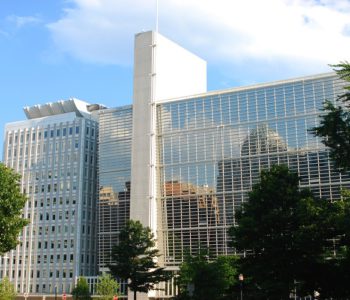Kathmandu wraps up dynamic discussions on digital transformation, trade, and climate change

KATHMANDU: The two-day WCP-Nepal 3rd Annual Conference 2025, focused on ‘Climate Change and Trade Sustainability in South Asia,’ concluded in Kathmandu on Sunday.
Organized jointly by the WTO Chairs Programme Nepal and Kathmandu University School of Management (KUSOM), the second day featured insightful paper presentations, panel discussions, and a paper development workshop.
The day began with presentations under the theme ‘Digital Transformation and Trade Innovation,’ chaired by Associate Professor Dr. Anup Shrestha of the University of Southern Queensland, Australia. Researchers explored topics such as mobile banking adoption, trade digitization in Nepal, and leveraging digital supply chains to enhance MSMEs’ resilience.
The second session, ‘Global Trade and International Business,’ chaired by Prof. Dr. Michal Zdziarski from the University of Warsaw, covered diverse topics including consumer loyalty drivers, sustainable product attitudes, job stress dynamics, and the transformative impact of mobile connectivity on rural women.
A panel discussion on ‘Empowering Women in Trade for Inclusive Growth,’ moderated by Dr. Mona Shrestha Adhikari, CEO of EMERGE Pvt. Ltd., highlighted the pivotal role of women in South Asian trade. The panelists emphasized the importance of policies and strategies to promote gender-inclusive growth and sustainability.
The concluding paper development workshop, facilitated by Prof. Dr. Elizabeth L. Rose of IIM Udaipur, provided researchers with valuable insights into enhancing academic rigor and storytelling in their work. Prof. Rose emphasized the importance of critical reading, analysis, and clear communication for impactful research.
In the awards segment, Sushant Rijal secured the Best Paper Award in the track ‘Climate Change and Sustainability,’ while Riya Regmi and Dipesh Karki were recognized as runners-up in the track ‘Digital Transformation and Trade Innovation.’ Altogether, 42 papers were submitted to the WCP-Nepal conference, out of which 22 were shortlisted for presentation.
Speaking at the conclusion of the conference, Prof. Dr. Achyut Prasad Wagle, Registrar of Kathmandu University, emphasized the importance of producing research that generates meaningful knowledge and influences policymaking. He expressed gratitude to the 22 presenters for their contributions and congratulated the winners.
Reflecting on the conference themes—climate change, trade dynamics, digital transformation, and international business—Prof. Wagle urged researchers to go beyond ritualistic writing and strive for innovation. “Research should not merely fulfill career requirements but should aim to create knowledge that impacts society and shapes policy,” he stated.
Prof. Wagle concluded by encouraging continued collaboration beyond the WTO Chairs Programme framework and welcoming participants to future editions of the conference.
Asst. Prof. Satwik Shekhar, Coordinator of the WTO Chairs Programme (WCP) India, also expressed his gratitude, describing the conference as a milestone in strengthening ties between academia, policymakers, and the public in Nepal and India. “This is the third conference we’ve organized under the WTO Chairs Programme, and it represents another step toward closer cooperation between our countries,” he said.
Prof. Shekhar highlighted the relevance of the conference theme, emphasizing the unique challenges faced by smaller, landlocked countries like Nepal in addressing climate change and sustainability. “The discussions provided a local perspective to global issues, bridging the gap between policymakers, academia, and businesses. Governments can set policies, but it is up to businesses and individuals to act on them,” he added.
He also praised the diversity of participation, with experts from law, management, finance, and other fields, as well as representatives from South Asia, Europe, the US, Turkey, and Indonesia. “Bringing together such varied expertise to brainstorm solutions for real-world issues was what made this conference a massive success,” Prof. Shekhar concluded.
Rachana Sinnarkar, a paper presenter from India, reflected on her experience, stating, “The conference’s highlights for me included discussions on women empowerment in trade law and the impact of climate change on women entrepreneurs. The first panel was particularly insightful, with distinguished academicians sharing their expertise.” She further noted, “It was an engaging experience to explore perspectives from law, economics, and business. The conference effectively demonstrated the interplay between trade and sustainability and the diverse factors influencing them.”












Facebook Comment